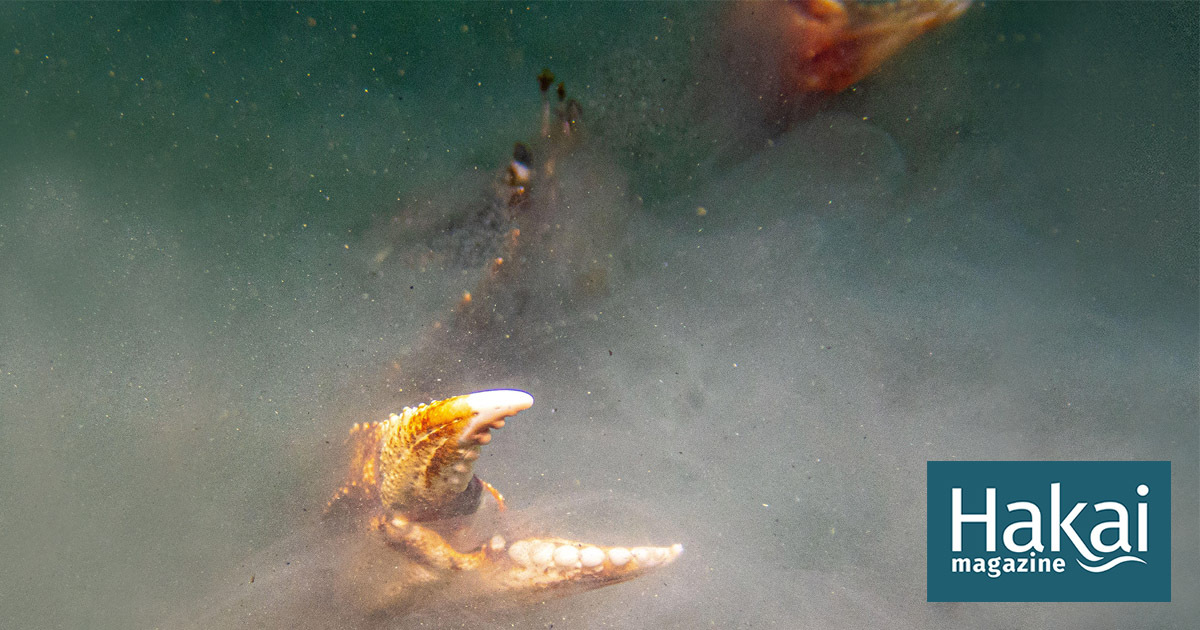- cross-posted to:
- collapse@lemmy.ml
- climate@kbin.social
Researchers at the University of Toronto Scarborough in Ontario put Dungeness crabs in water just slightly more acidic than normal—conditions that are already present in some coastal ecosystems and could be widespread by the year 2100 if humans continue to emit a high level of greenhouse gases. They found that the animals need to be exposed to cadaverine, a food signaling chemical, at a concentration 10 times higher than normal before they register its presence.
You must log in or register to comment.


